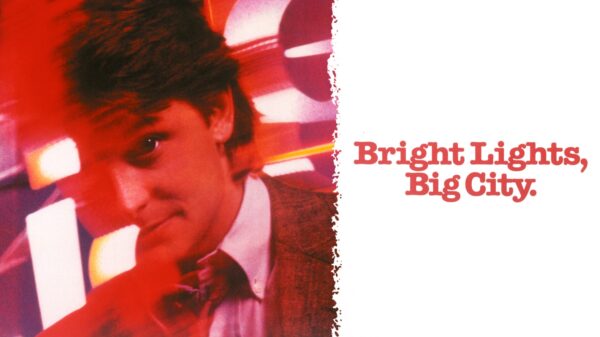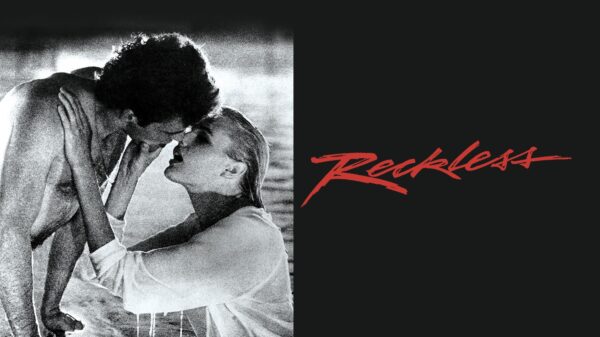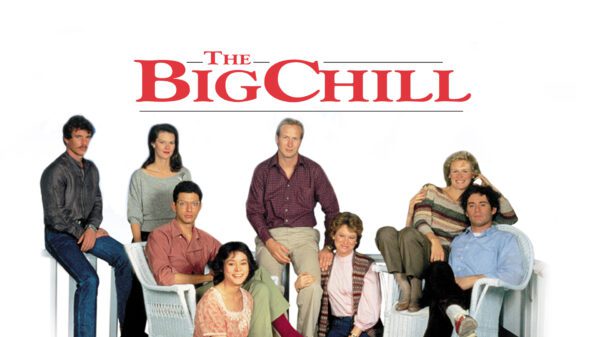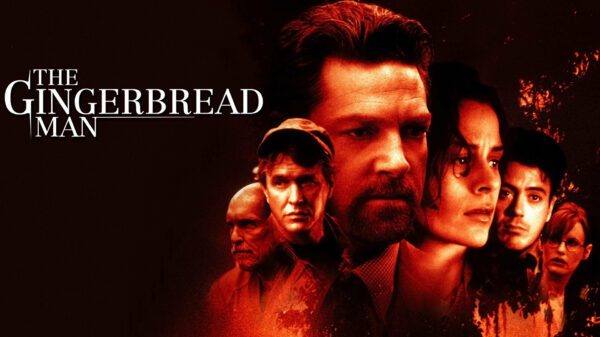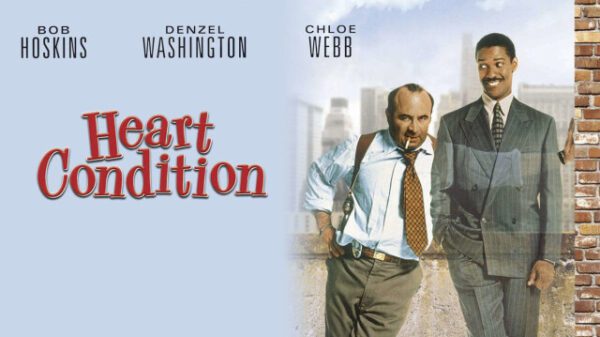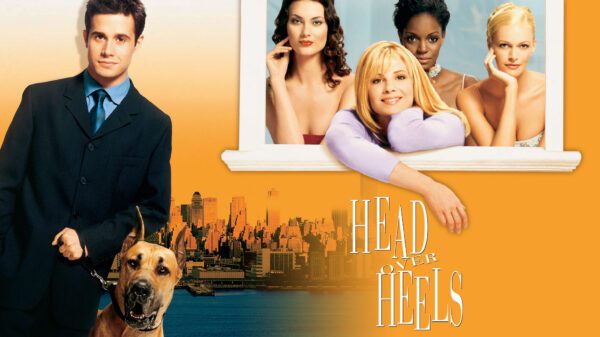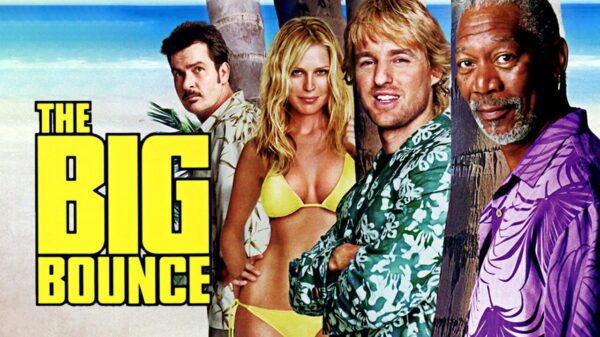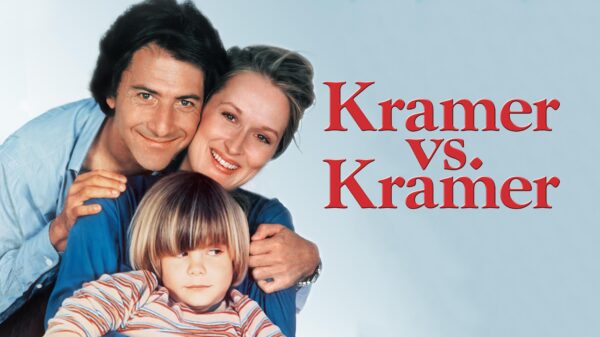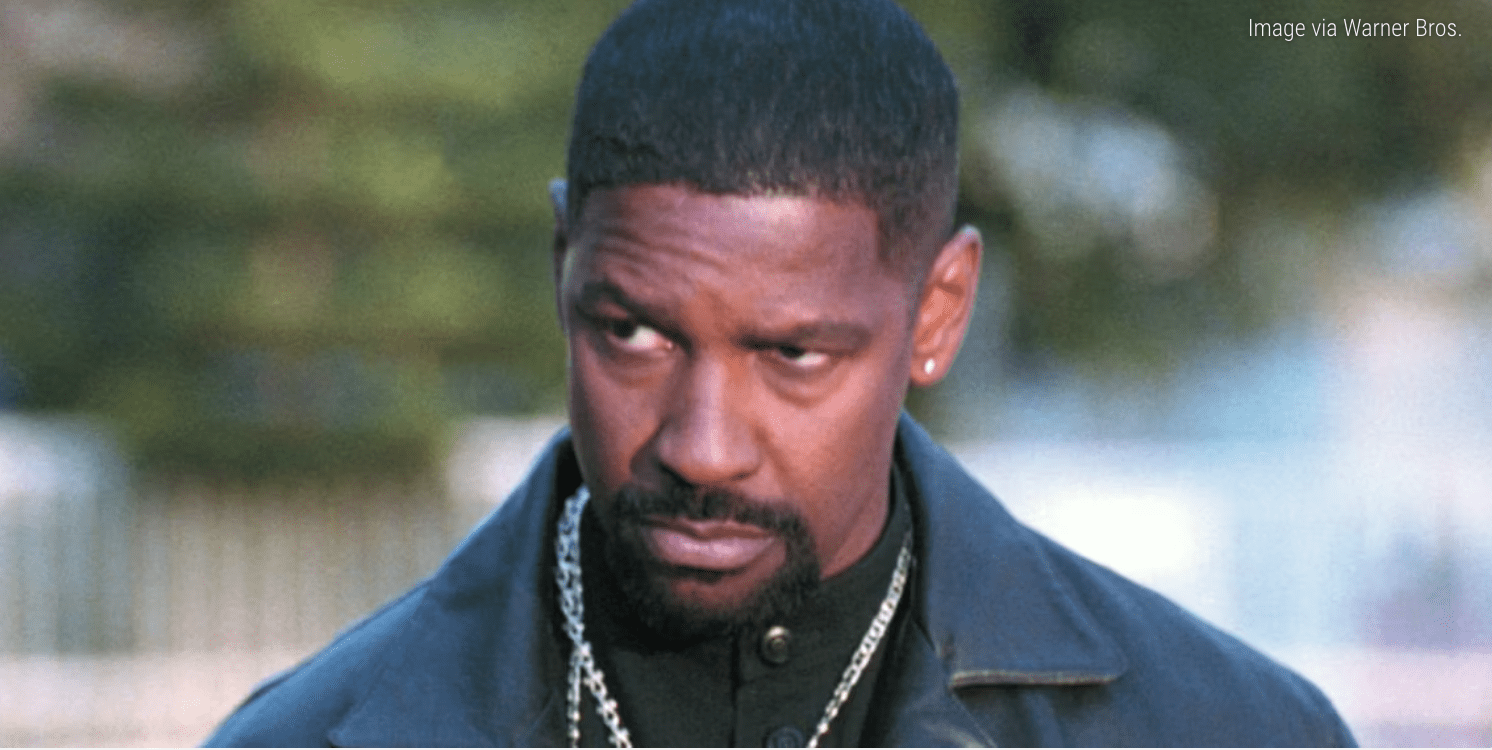Blue City, released in theaters on May 2, 1986, offers a compelling and stylish slice of 80s crime thriller, elevated by a strong cast and a gritty atmosphere. Directed by Michelle Manning, the film is a this tale of revenge and corruption set in South Florida.
The film centers on Billy Turner (Judd Nelson), who returns to his Florida hometown after his father, the mayor, is murdered. Frustrated by the lack of progress in the investigation, Billy takes it upon himself to find the killer. Nelson embodies the rebellious and determined Billy, a character driven by a desire for justice and a sense of wounded pride. Though his performance may have been polarizing at the time, it captures a certain 80s anti-hero vibe that has gained a cult following.
Ally Sheedy provides a strong supporting performance as Annie, Billy’s loyal friend and confidante. Sheedy brings a sense of warmth and vulnerability to the film, balancing out some of the more hard-edged elements. The dynamic between Nelson and Sheedy, reminiscent of their chemistry in The Breakfast Club and St. Elmo’s Fire, adds an engaging layer to the narrative.
The supporting cast further enhances the film’s appeal led by David Caruso, in an early role, showcasing his intensity as Billy’s troubled friend, Joey.
Paul Winfield delivers a memorable performance as the corrupt police chief, adding layers of complexity to the town’s seedy underbelly.
Scott Wilson portrays the main antagonist with a chilling and effective menace.
Walter Hill wrote the script with Lukas Heller based on Ross MacDonald’s 1947 novel.
Blue City‘s stylish direction, combined with its evocative Ry Cooder score, creates a distinct and atmospheric world. The film captures the feel of a sun-drenched, corrupt Florida town, where simmering tensions and hidden agendas lurk beneath the surface.

Judd Nelson in Blue City (Photo/Paramount Pictures)
Reception for Blue City
Blue City grossed $2.7 million on its opening weekend, finishing second at the box office.
The film would gross $6.9 million in its theatrical run.
Michael Wilmington wrote in his Los Angeles Times review: “It’s a high-concept “Young ’80s” reworking of MacDonald’s 1947 Hammett-style thriller–with no Lew Archer, no metaphor and no edge.”
Legacy
While the plot may follow familiar crime thriller tropes, the film’s energy, performances, and stylistic flourishes make it a worthwhile watch for fans of the genre. It offers a snapshot of 80s cinema with a blend of action, suspense, and a touch of rebellious spirit.

